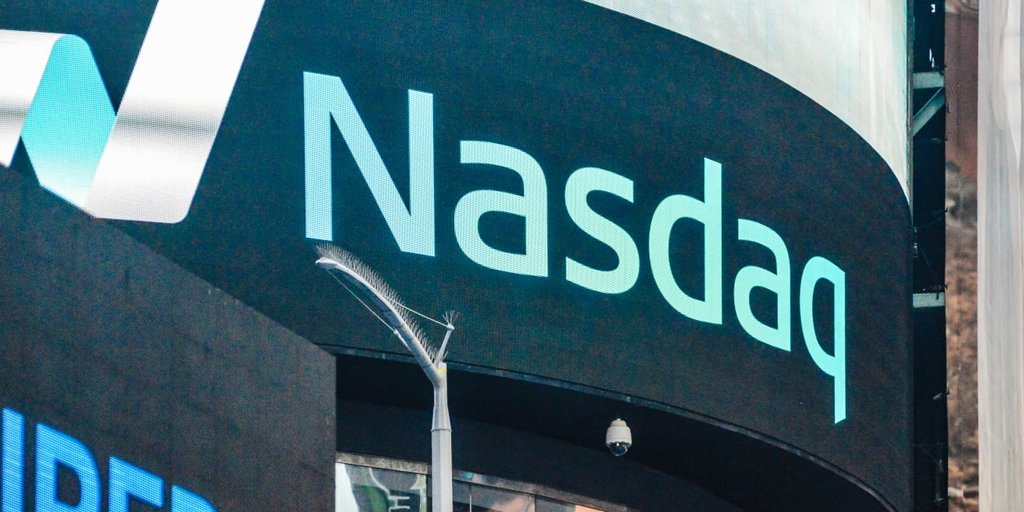The U.S. Securities and Exchange Commission has approved a rule change that allows Nasdaq’s International Securities Exchange to list and trade options on the iShares Bitcoin Trust (IBIT), BlackRock’s widely-traded exchange-traded fund.
Its decision marks another step in expanding the range of derivative products linked to Bitcoin, providing investors with additional tools for managing exposure to the world’s largest crypto.
BlackRock had been seeking approval for such a listing since at least March of this year following the regulator’s approval for multiple Bitcoin-linked ETFs in the U.S.
The SEC’s approval follows several amendments submitted by Nasdaq ISE, which sought to address concerns over market manipulation and excessive risk-taking in the fledgling crypto options market.
It follows several requests to amend rule changes to allow for the listing of options tied to Bitcoin and Ethereum ETFs in the U.S., which have faced resistance over market stability concerns.
A key amendment sets position and exercise limits for options on IBIT at 25,000 contracts—described by the exchange as “extremely conservative” given the size of the market and the trust’s liquidity, SEC filing records show.
Options on IBIT will be physically settled and feature American-style exercise, offering a hedge for investors looking to manage Bitcoin-related risks.
BlackRock’s ETF, which tracks the price of Bitcoin, has attracted significant attention from both retail and institutional investors since it launched earlier this year, becoming one of the most liquid Bitcoin-related products in the U.S. market.
Despite the approval, the SEC’s move comes amid ongoing concerns about the potential risks associated with cryptocurrency derivatives.
Comment letters submitted during the review process highlighted worries over market volatility and the broader integration of crypto into traditional financial markets. Some urged the SEC to delay approval until the Bitcoin market further stabilized.
In any case, the SEC found that the exchange’s surveillance mechanisms, including real-time monitoring and inter-market surveillance-sharing agreements with the CME, would be sufficient to deter manipulation.
Daily Debrief Newsletter
Start every day with the top news stories right now, plus original features, a podcast, videos and more.
Credit: Source link




